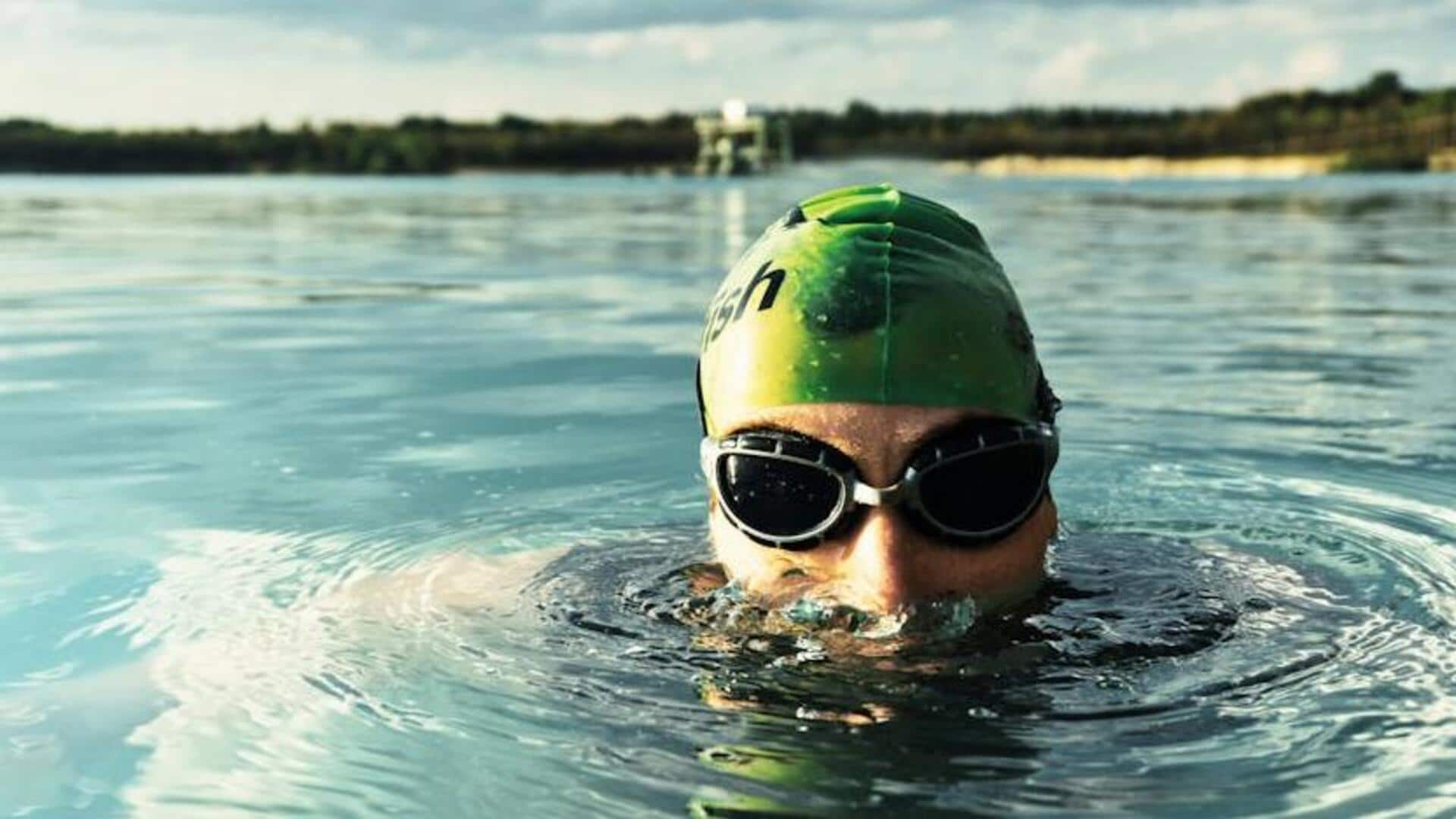
Sustainable swimwear: Ocean-friendly fashion choices
What's the story
As the world grows increasingly conscious of environmental issues, the fashion sector is also evolving. Sustainable swimwear has become a popular trend that marries style with eco-awareness effectively. This article delves into how opting for ocean-friendly swimwear can significantly lessen our environmental footprint. All while ensuring you remain stylish at the beach or by the pool.
Background
The rise of eco-friendly fabrics
The core of sustainable swimwear lies in its materials. Traditional swimwear often uses synthetic fabrics like nylon and polyester, which are not biodegradable and contribute to ocean pollution. In contrast, sustainable brands are turning to innovative eco-friendly fabrics such as recycled polyester, made from plastic bottles, and Econyl, regenerated from fishing nets and other nylon waste.
Key concept
Making a fashion statement with purpose
Choosing sustainable swimwear isn't just about being environmentally friendly; it's also about making a fashion statement. These pieces come in various styles, colors, and patterns that do not compromise on design or comfort. By opting for sustainable options, consumers show support for ethical practices in fashion manufacturing and contribute to the demand for more responsible products.
Practical advice 1
Practical tips for choosing sustainable swimwear
When selecting sustainable swimwear, prioritize finding items with certifications such as the Global Recycled Standard or OEKO-TEX Standard 100. These labels confirm that the products adhere to strict environmental and health standards. To ensure a brand's sustainability claims are genuine, visit their websites or read consumer reviews. This research helps verify that their practices match your environmental values, making your purchase truly impactful.
Practical advice 2
Care and maintenance of eco-friendly swimwear
Proper care significantly extends your sustainable swimwear's lifespan. Rinse it in cold water after use to remove chlorine or salt water. Avoid harsh detergents; opt for mild soap suited for delicate fabrics. Air dry the swimsuit away from direct sunlight to prevent fading and maintain fabric integrity. These practices support environmental conservation while enjoying summer activities.